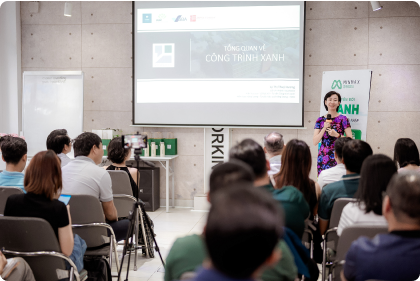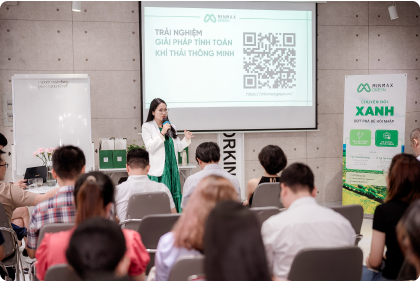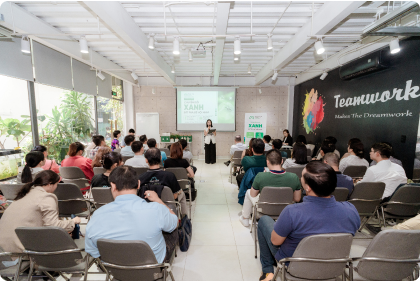CARBON BORDER ADJUSTMENT MECHANISM (CBAM) Accelerating green economic integration - Opportunities for export enterprises
Pressure to “green” from the EU market - Change to survive and develop
In order to promote efforts to protect the environment and reduce greenhouse gas emissions, the European Union (EU) has implemented the Carbon Border Adjustment Mechanism (CBAM) through Regulation (EU) 2023/956 issued on 10/05/2023 and Implementation Regulation No. 2023/1773 issued on 17/08/2023.
The EU has introduced the Carbon Border Adjustment Mechanism (CBAM) to control emissions from imported products. The CBAM is a mandatory legal provision that imposes a charge on certain goods imported into the EU, based on the net greenhouse gas emissions from the production process associated with that good in the exporting country.
- Product range:Cement, steel, aluminum, fertilizer, electricity, hydrogen.
- Wide emission range:In addition to direct emissions, CBAM also applies to associated emissions (the total greenhouse gas emissions required to produce a product) of products within the CBAM scope.
16/05/2023
Regulation (EU) 2023/956 Establishing the EU Carbon Border Adjustment Mechanism (CBAM) enters into force.01/10/2023 – 31/12/2025
Transitional period. Importers are obliged to report according to Articles 33, 34 and 35 of Regulation (EU) 2023/956.01/01/2026 – 31/12/2034
Operational phase. EU importer:- Buy CBAM certificates based on the amount of goods emitted.
- Report the quantity of goods and emissions each year.
- Submit the number of CBAM certificates corresponding to the amount of greenhouse gas emissions of the previous year.
01/01/2034
Full operation phase: Factories and enterprises will have to pay 100% of the CBAM fee.* ETS is the EU's greenhouse gas emission trading mechanism, applied to certain types of goods produced in the EU with high levels of polluting
EU Market - Great Opportunity, But Not for Everyone!
- Cement, iron, steel, and fertilizer are forecasted to be the four industries most affected when the EU applies the Carbon Border Adjustment Mechanism (CBAM) on January 1, 2026.
Steel: Estimated output will decrease by 0.8% in 2030, export value will decrease by 2.3%. Aluminum: Estimated output will decrease by 0.4% in 2030, export value will decrease by 4.3%. - It is estimated that for Vietnam, the CBAM Mechanism will reduce export turnover by up to 100 USD (iron, steel, cement, fertilizer, aluminum).
- Exporting enterprises must bear additional administrative costs for monitoring, reporting and verifying carbon emissions in their products and goods exported to the EU market.
Mastering the “rules of the game” - Conquering the EU market - Opportunities for export businesses
Faced with the pressure of “greening” from the EU market, Vietnamese enterprises are forced to proactively learn, update information and knowledge, and apply solutions to reduce greenhouse gas emissions in the production process, build reports, etc. to improve their competitiveness in the international market. CBAM COURSE - ACCELERATION OF GREEN ECONOMY INTEGRATION is a program developed and implemented by Minmax Green - a prestigious unit in the field of providing CBAM consulting and reporting solutions, Carbon Neutrality for businesses, providing effective solutions to measure and quantify carbon emissions,... CBAM COURSE - ACCELERATION OF GREEN ECONOMY INTEGRATION by Minmax Green will support businesses and production facilities to equip themselves with in-depth knowledge and practical skills to prepare reports and build a sustainable emission reduction roadmap in accordance with CBAM requirements.
COURSE CONTENT

Overview of CBAM mechanism
Goals, requirements, roadmap,...

Latest summary
Regarding regulations on declaration, reporting of emissions according to standards, purchasing CBAM certificates,...

Approach - Analysis - Processing
Specific situations.

Intensive training
How to calculate carbon costs, data transparency process, opportunities for improvement, enhancing competitiveness,...
TARGET PARTICIPANTS

Individuals and businesses exporting to the EU market.

Individuals and businesses are interested in and need basic knowledge about CBAM, carbon emission reduction, green production solutions,...
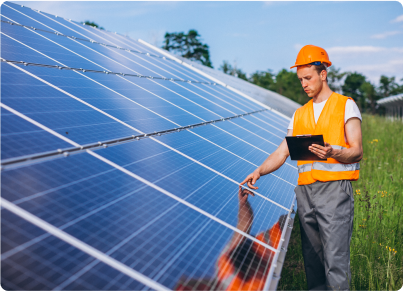
Any individual or business that needs to calculate, report and/or audit its product(s) that emit greenhouse gases,...
5 reasons to join Minmax Green's CBAM Course
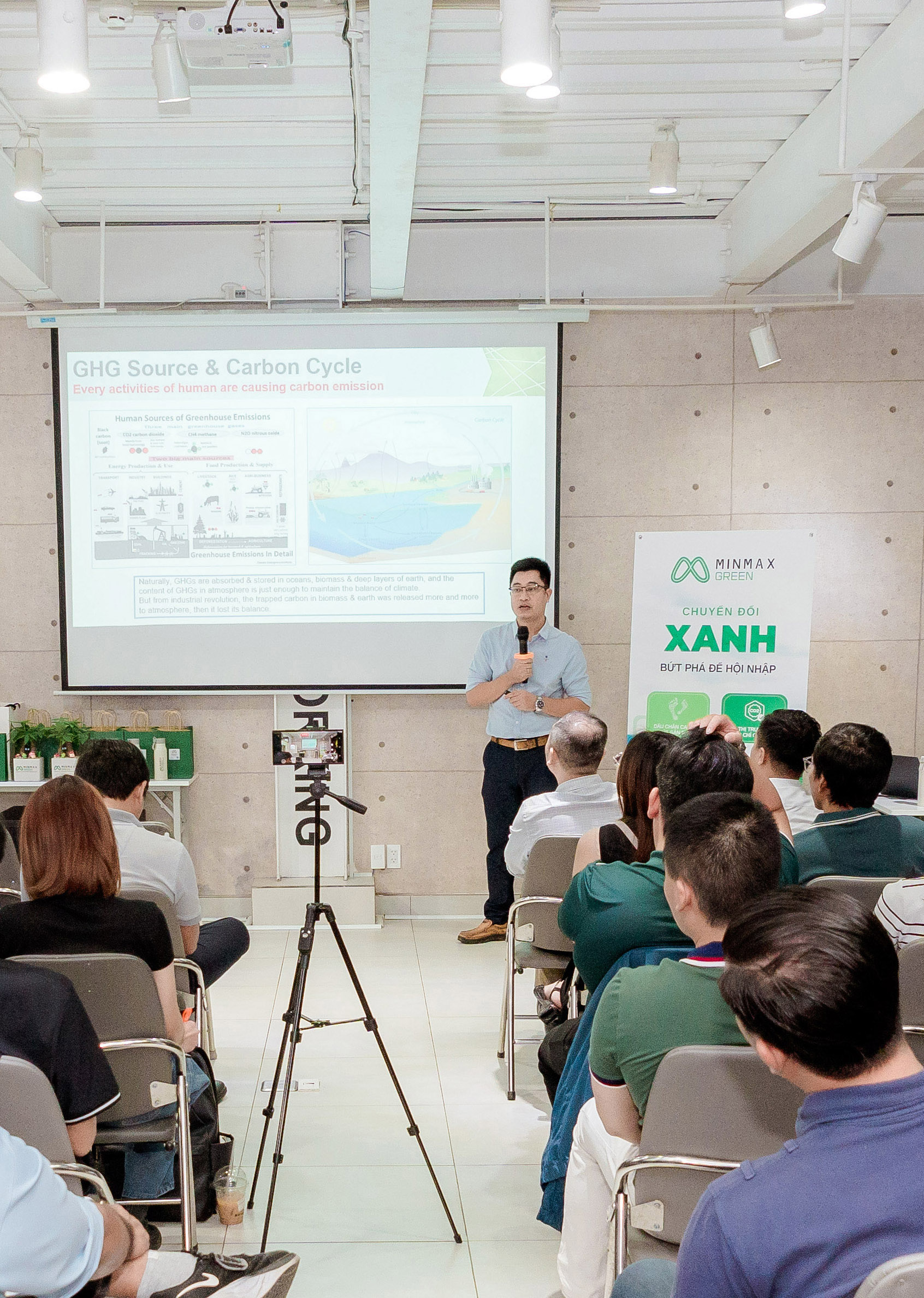
What will students receive after the course?
- Minmax Green's CBAM course completion certificate.
- Skills to calculate CBAM certification needs based on product emissions, how to purchase certificates from competent authorities.
- Equip yourself with knowledge to work more effectively with EU partners, meet the requirements of checking, verifying, and making carbon information transparent in commercial transactions.
- Core knowledge about CBAM.
- Master the principles and methods of calculating greenhouse gas emissions (identifying emission sources, collecting data, etc.).
- Skills to apply digital technology in greenhouse gas inventory.
- Skills to develop plans and projects to optimize production processes, reduce emissions, and save operating costs effectively.
- Receive support from Minmax Green's team of experts to advise on practical issues in the process of implementing CBAM at the enterprise.

Mr. Thuy Nguyen Hung
Lecturer
- Graduated from Ho Chi Minh City University of Technology
- Has more than 14 years of experience in the construction field
- Participate in training, workshops, and seminars related to construction, greenhouse gases, and carbon credits.
- LEAD GHG Verifier and Validator
- Head of Technical Consulting Department, Siam City Cement Vietnam (Insee Viet Nam)
- LEED Green Building Consultant (LEED Green Associate)
“Investment” for
“green future” of the business
In parallel with the goal of committing to net emissions of “0” by 2050, Vietnam is also considered an attractive destination for international green capital with a legal environment being perfected, Production facilities and businesses are also making serious efforts to implement the State's regulations on greenhouse gases, Applying an effective circular business model,...
Proactively building a knowledge base and proactively improving skills on Greenhouse Gas Inventory is a great advantage for businesses. and is a long-term investment for the sustainable development of the business in the future integration cycle.
